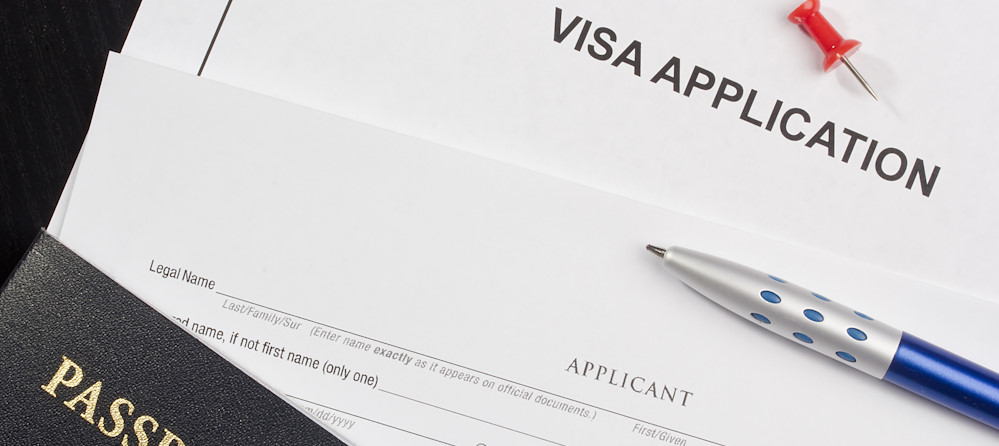- Download our Moving to the UK Guide (PDF)
Securing a work permit for the United Kingdom involves meeting a strict set of criteria. Since Brexit, and after major reforms in 2024 and 2025, the bar for entry is higher than ever. The government has significantly raised salary thresholds across most categories to cut reliance on overseas labour.
Unless you are an Irish citizen or hold status under the EU Settlement Scheme, you generally need a visa to work here. Exceptions are rare, such as the ‘Permitted Paid Engagement’ route, where experts are invited for a specific, short-term purpose.
Useful links
Types of work visa in the United Kingdom

There are several types of work visas in the United Kingdom, but options have narrowed due to stricter salary thresholds. While the range of available permits is broad, the financial criteria for sponsorship are now much tougher.
Skilled Worker Visas
This is the primary route for expats. You need a confirmed job offer from a licensed sponsor. The government has replaced the old shortage list with a stricter Immigration Salary List (ISL) and a newly introduced Temporary Shortage List (TSL) for critical infrastructure roles.
To qualify, you need to score points for:
- Sponsorship: A valid Certificate of Sponsorship from a licensed employer (20 points). The Immigration Skills Charge paid by employers is increasing by 32 percent in December 2025, which may impact hiring decisions.
- Skill Level: The role must be at the appropriate skill level (RQF Level 6 – graduate level) (20 points).
- English Language: You must prove proficiency (10 points). Heads up: From January 2026, the required level for Skilled Workers increases from B1 to B2 CEFR.
- Salary: Your pay must meet the high general threshold or the specific ‘going rate’ for the role, whichever is greater (20 points).
Global Business Mobility Visas
If a current employer is transferring you to a UK branch, the Global Business Mobility Visa is the likely path. It covers senior managers, specialists, and graduate trainees. This route does not lead to settlement (ILR), meaning you cannot stay indefinitely.
Youth Mobility Scheme Visa
Nationals from countries including Australia, Canada, Japan, and South Korea aged 18 to 30 (or 35 for some) can live and work in the UK for up to two years. This route provides flexibility as it does not require a specific job offer or sponsorship.
Seasonal Worker Visa
Designed for horticulture and poultry work, this visa is temporary. Recent changes now allow seasonal workers to spend up to six months in the UK within any rolling 10-month period, offering slightly more flexibility than the previous 12-month window.
Useful links
Applying for a work visa in the United Kingdom

When applying for a work visa in the United Kingdom, preparation is essential. While your employer handles the Certificate of Sponsorship, the burden of evidence falls on you. Be aware that costs are rising across the board: the Immigration Health Surcharge (IHS), which you typically pay upfront, is a significant expense, and the Immigration Skills Charge paid by employers is set to rise by 32 percent in December 2025.
Documentation must be impeccable. You need original documents, certified translations for anything not in English or Welsh, and proof of English proficiency. For roles in healthcare, education, or social services, providing a criminal record certificate from any country you’ve lived in over the last 10 years is mandatory.
Most applications are submitted online, followed by a biometric appointment. However, the physical Biometric Residence Permit (BRP) has been largely replaced by the ‘eVisa’ – a digital proof of status. Successful applicants now access their immigration status online rather than receiving a card.
Visa regulations are subject to change at short notice, and you should contact your local British embassy or consulate for the latest details.
